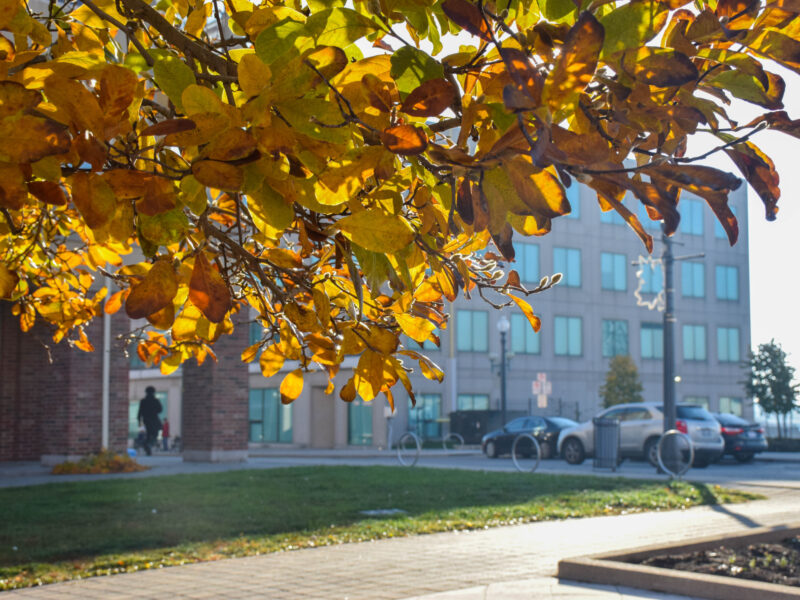Conservative Bill C-23 may ultimately affect only students, the elderly and Aboriginals. Introduced by the Minister of Justice, the initial reason for Bill C-23 was to strengthen election rules.
Bill C-23, first presented by the Conservative party in 2006, prohibits the use of vouching and voter information cards for identification when voting. The prohibition is to help prevent voter fraud; an adverse effect is that the bill will now prevent students, seniors and Aboriginal people from voting using the vouching system.
“Their main challenge is not in proving who they are,” said Chief Electoral Officer, Marc Mayrand. “But in providing documentary proof of their current residential address.”Adding to those who are denied to vote are the 120,000 Canadians who had a neighbour vouch for them in the last federal election.
With the increase of political donations, it is easier for insiders to play money politics. In that case, candidates would be able to give $5000 to their own campaign, while it gets tougher for everyday Canadians. Stand up for Canadian Democracy, a petition on ndp.ca, highlights party objections to Bill C-23.
According to the NDP, the bill will prevent many thousands of Canadians from voting, including low-income Canadians, students, seniors and Aboriginals who may not have the necessary proof of address. It also denies Elections Canada from speaking publicly about democracy or the importance of voting, including engaging with Canadians through Student Vote.
One of many issues taken with the bill is the absence of a clause providing Elections Canada any investigative powers it may need to find electoral fraud, such as the robo-call fraud from the 2011 elections.
The list of reforms from the Conservative party aimed at modernizing Elections Canada and Canada’s whole electoral system was first read in the House of Commons. Many political figures have taken issue with the bill, including Elizabeth May, leader of the Green Party.
“I am baffled and appalled and deeply shocked and troubled by this bill,” said May. “The things in it that are good could have been so much better, but the things that are bad are unforgivable in a democracy.”



